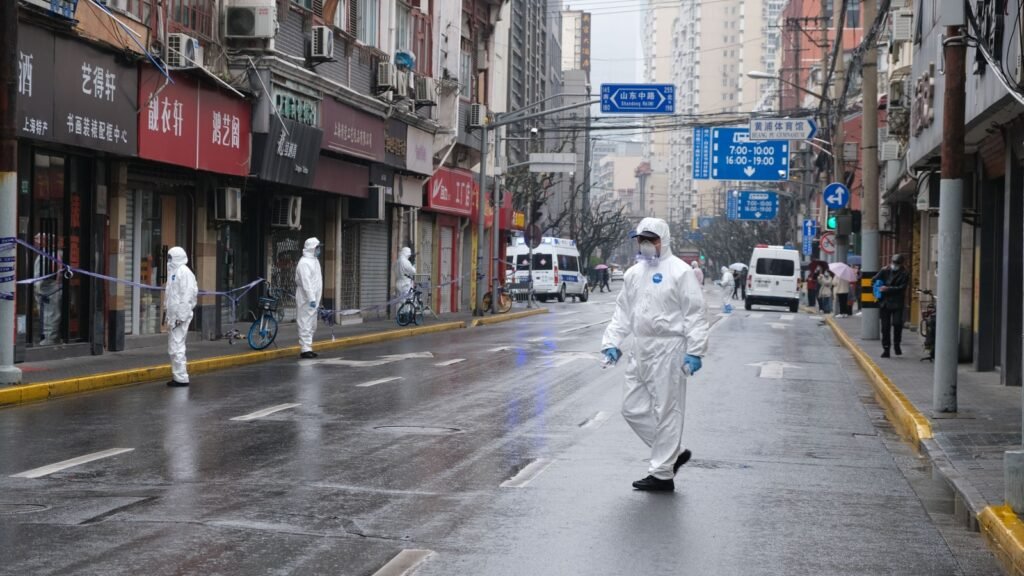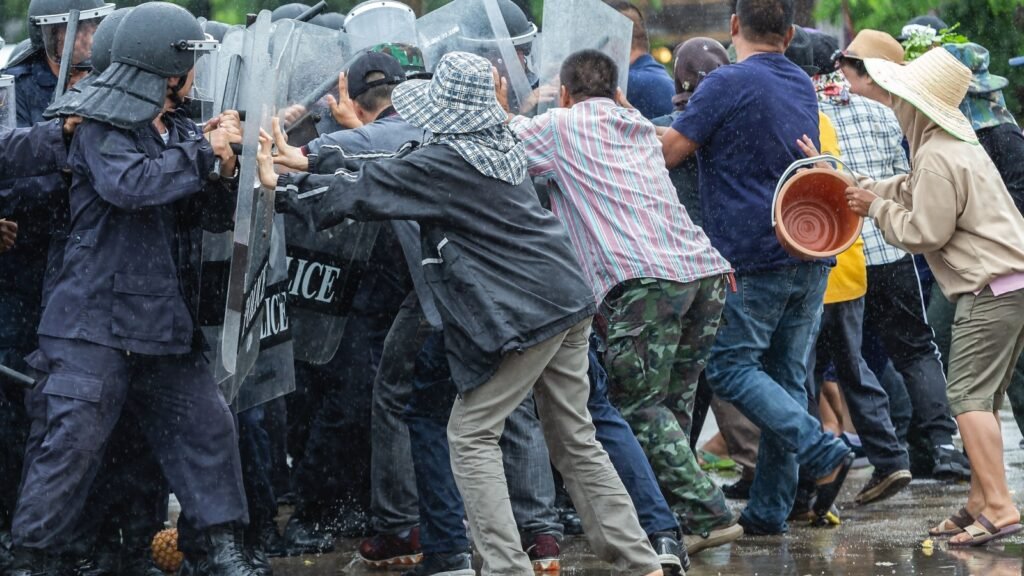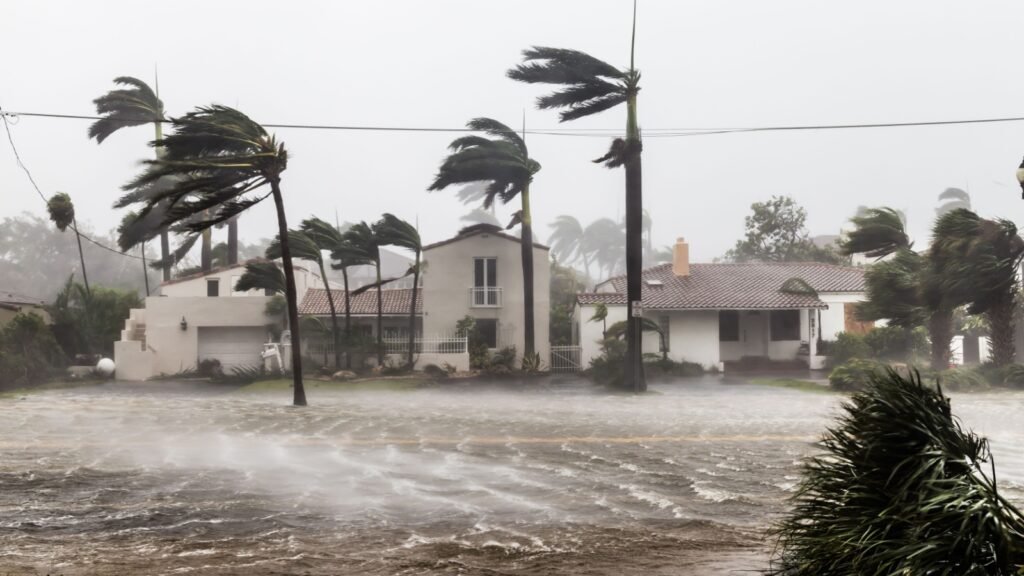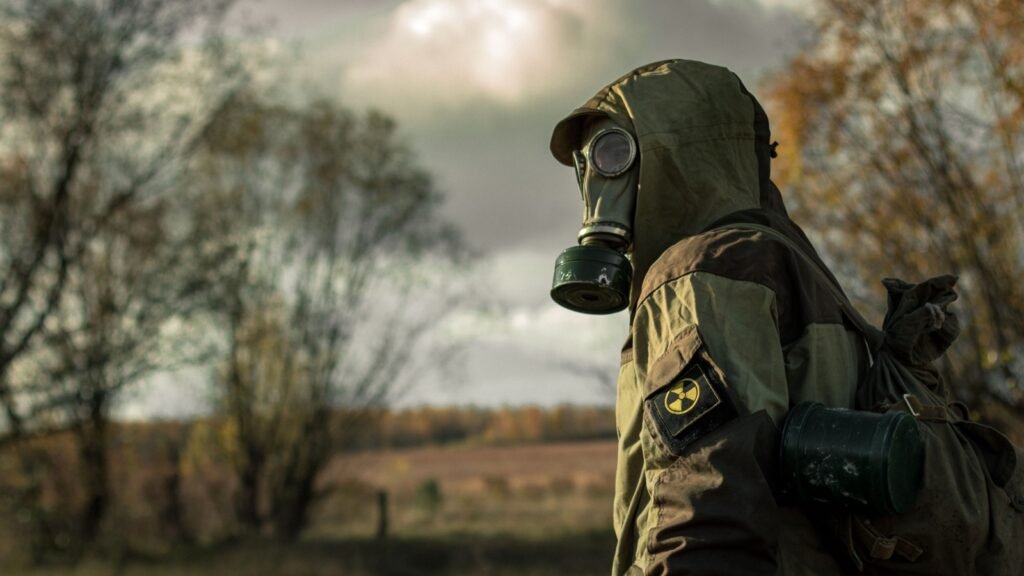Life is unpredictable, and while we often take our daily routines for granted, history has shown that disaster can strike when we least expect it. From natural calamities to societal breakdowns, being prepared for the unexpected can mean the difference between chaos and calm. As a prepper, I’ve found that understanding potential scenarios not only helps you plan but also gives you peace of mind. Whether it’s stocking supplies, learning survival skills, or just being mentally ready, preparation is empowering.
Here’s a breakdown of 10 possible SHTF (S*** Hits The Fan) events that could throw the world into turmoil, along with tips to help you navigate them. Knowledge is power, and being proactive could make all the difference for you and your loved ones.
Global Economic Collapse

An economic collapse could lead to hyperinflation, widespread unemployment, and the breakdown of essential services. Imagine trying to buy food when a loaf of bread costs more than a day’s wages. To prepare, focus on building a stockpile of essentials, learning bartering skills, and investing in tangible assets like gold, silver, or even useful tools. Knowing how to live frugally now can also help you adapt quickly.
EMP Attack or Grid Failure

An electromagnetic pulse (EMP) from a solar storm or a weapon could wipe out power grids, leaving us in the dark—literally. No electricity means no running water, refrigeration, or communication. Prepare by having a backup power source, like solar chargers, and practicing low-tech skills like cooking over a fire. Stockpile batteries, candles, and crank radios to stay informed and functional.
Pandemic Outbreak

COVID-19 showed us how a global health crisis can upend life as we know it. A more severe pandemic could overwhelm healthcare systems and disrupt supply chains. Stock up on masks, sanitizers, and medical supplies, and learn basic first aid. Having a stash of food and water to avoid crowded stores is also crucial. Stay informed about disease prevention and vaccine options.
Civil Unrest

Mass protests or riots can erupt suddenly, making certain areas unsafe. Civil unrest can lead to property damage, restricted travel, and even violence. Keep a bug-out bag ready and know alternate routes to safety. Stay aware of news in your area, and if tensions are rising, consider relocating temporarily. Building a community of like-minded individuals can provide mutual protection.
Natural Disasters

Earthquakes, hurricanes, floods, and wildfires are increasingly common and can devastate entire regions. Create a disaster plan tailored to the threats in your area. Have an evacuation kit with essentials like water, food, flashlights, and blankets. Practice drills with your family so everyone knows what to do when seconds count.
Cyberattack on Critical Infrastructure

A large-scale cyberattack could paralyze banking, healthcare, or utilities, plunging society into chaos. Imagine not being able to access your money or get medical help. To prepare, keep some cash at home and hard copies of important documents. Learn how to secure your digital information, and have a contingency plan for life without internet or ATMs.
Food and Water Shortages

Drought, crop failures, or supply chain breakdowns can result in empty grocery store shelves. Start a garden and learn how to preserve food. Stockpile non-perishable items and store water in durable containers. Knowing how to purify water from natural sources is a skill that could save your life.
Nuclear Conflict

Although rare, the risk of nuclear warfare or accidents remains a terrifying possibility. Familiarize yourself with radiation safety protocols, such as sheltering in place and decontaminating exposed surfaces. Build a fallout shelter or identify safe locations nearby. Stock iodine tablets to protect your thyroid in case of exposure.
Financial Collapse of Social Systems

Pensions, healthcare, and government assistance programs could fail, leaving many without basic support. Preparing for this means becoming as self-reliant as possible. Learn to grow food, repair items, and trade skills with others. Building a robust emergency fund and diversifying income sources can provide a cushion.
AI and Automation-Driven Job Loss

Rapid advancements in AI and automation could lead to mass unemployment and societal shifts. Preparing for this involves continuous learning and adapting to new industries. Focus on developing skills that are hard to automate, like trades or creative problem-solving. Building a network of resilient people can also provide support during uncertain times.

